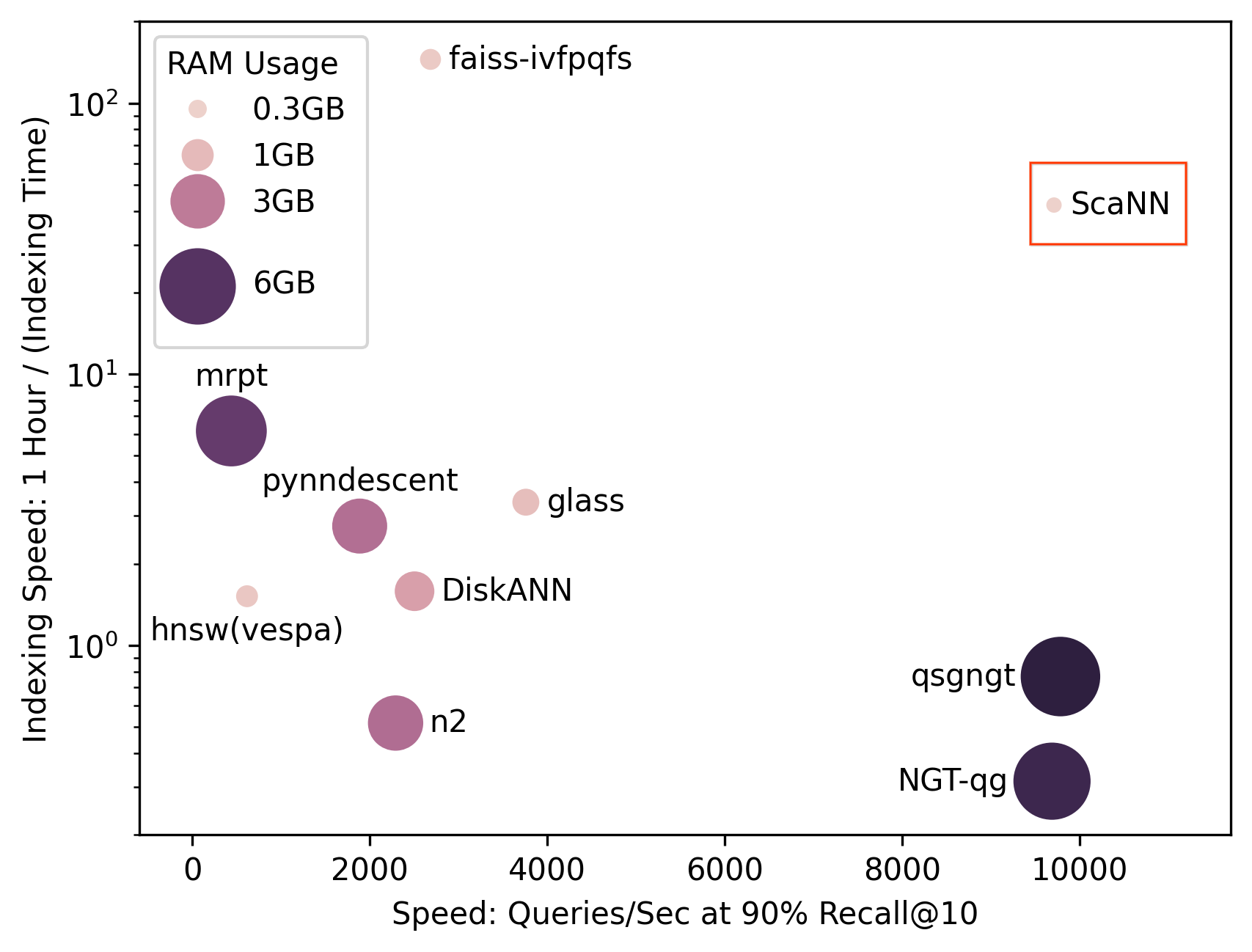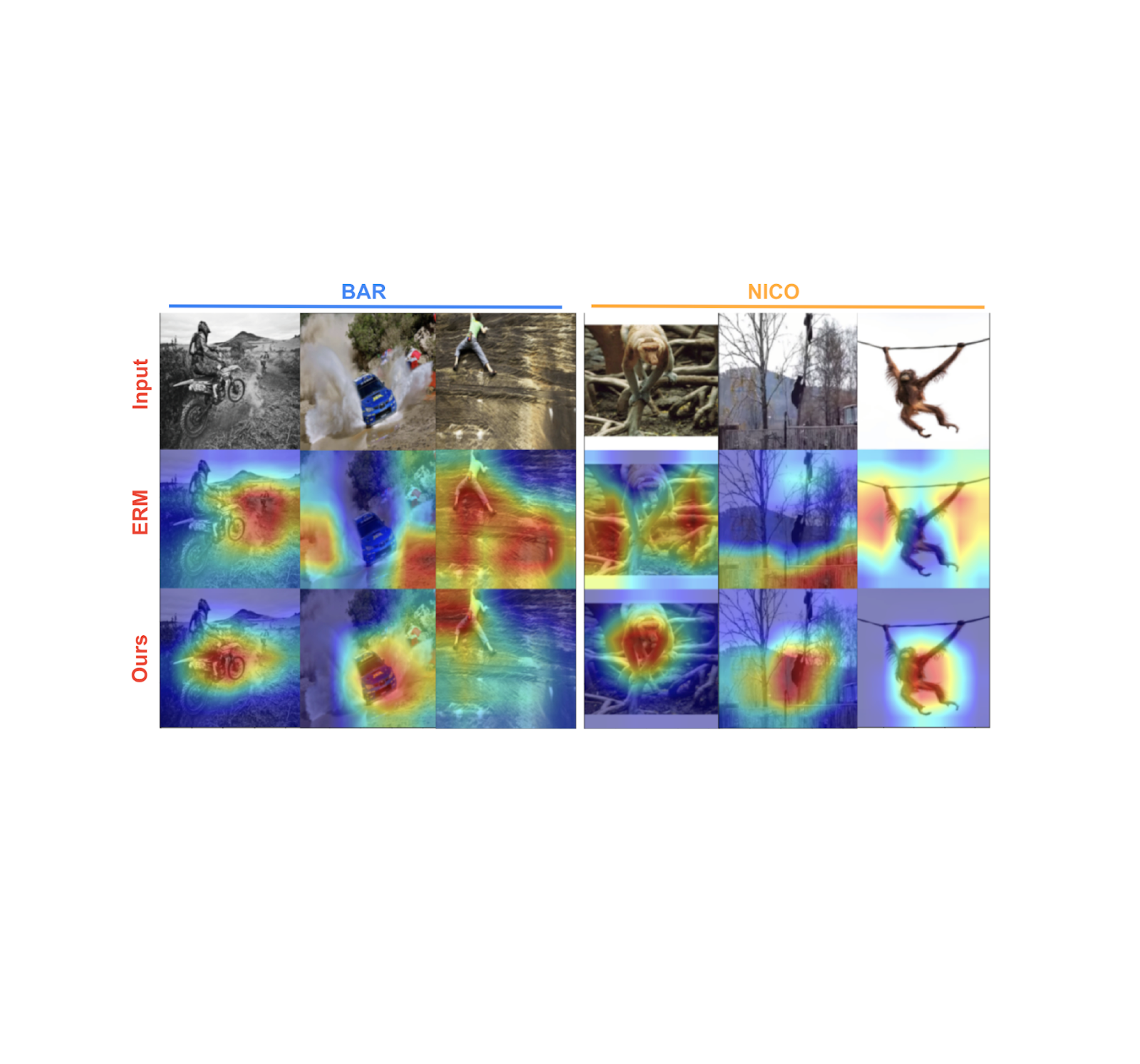
Four Googlers elected ACM Fellows this year
December 8, 2010
Posted by Alfred Spector, VP of Research
I am delighted to share with you that, like last year, the Association for Computing Machinery (ACM) has announced that four Googlers have been elected ACM Fellows in 2010, the most this year from any single corporation or institution.
Luiz Barroso, Dick Lyon, Muthu Muthukrishnan and Fernando Pereira were chosen for their contributions to computing and computer science that have provided fundamental knowledge to the field and have generated multiple innovations.
On behalf of Google, I congratulate our colleagues, who join the 10 other ACM Fellows and other professional society awardees at Google in exemplifying our extraordinarily talented people. I’ve been struck by the breadth and depth of their contributions, and I hope that they will serve as inspiration for students and computer scientists around the world.
You can read more detailed summaries of their achievements below, including the official citations from ACM—although it’s really hard to capture everything they’ve accomplished in one paragraph!
Dr. Luiz Barroso: Distinguished Engineer
For contributions to multi-core computing, warehouse scale data-center architectures, and energy proportional computing
Over the past decade, Luiz has played a leading role in the definition and implementation of Google’s cluster architecture which has become a blueprint for the computing systems behind the world’s leading Internet services. As the first manager of Google’s Platforms Engineering team, he helped deliver multiple generations of cluster systems, including the world’s first container-based data center. His theoretical and engineering insights into the requirements of this class of machinery have influenced the processor industry roadmap towards more effective products for server-class computing. His book "The Datacenter as a Computer" (co-authored with Urs Hoelzle) was the first authoritative publication describing these so-called warehouse-scale computers for computer systems professionals and researchers. Luiz was among the first computer scientists to recognize and articulate the importance of energy-related costs for large data centers, and identify energy proportionality as a key property of energy efficient data centers. Prior to Google, at Digital Equipment's Western Research Lab, he worked on Piranha, a pioneering chip-multiprocessing architecture that inspired today’s popular multi-core products. As one of the lead architects and designers of Piranha, his papers, ideas and numerous presentations stimulated much of the research that led to products decades later.Richard Lyon: Research Scientist
For contributions to machine perception and for the invention of the optical mouse
In the last four years at Google, Dick led the team developing new camera systems and improved photographic image processing for Street View, while leading another team developing technologies for machine hearing and their application to sound retrieval and ranking. He is now writing a book with Cambridge University Press, and will teach a Stanford course this fall on "Human and Machine Hearing," returning to a line of work that he carried out at Xerox, Schlumberger, and Apple while also doing the optical mouse, bit-serial VLSI computing machines, and handwriting recognition. The optical mouse (1980) is especially called out in the citation, because it exemplifies the field of "semi-digital" techniques that he developed, which also led to his work on the first single-chip Ethernet device. And more recently, as chief scientist at Foveon, Dick invented and developed several new techniques for color image sensing and processing, and delivered acclaimed cameras and end-user software. A hallmark of Dick’s work during his distinguished career has been a practical interplay between theory, including biological theory, and practical computing.Dr. S. Muthukrishnan: Research Scientist
For contributions to efficient algorithms for string matching, data streams, and Internet ad auctions
Muthu has made significant contributions to the theory and practice of Internet ad systems during his more than four years at Google. Muthu's breakthrough WWW’09 paper presented a general stable matching framework that produces a (desirable) truthful mechanism capturing all of the common variations and more, in contradiction to prevailing wisdom. In display ads, where image, video and other types of ads are shown as users browse, Muthu led Ad Exchange at Google, to automate placement of display ads that were previously negotiated offline by sales teams. Prior to Google, Muthu was well known for his pioneering work in the area of data stream algorithmics (including a definitive book on the subject), which led to theoretical and practical advances still in use today to monitor the health and smooth operation of the Internet. Muthu has a talent for bringing new perspectives to longstanding open problems as exemplified in the work he did on string processing. Muthu has made influential contributions to many other areas and problems including IP networks, data compression, scheduling, computational biology, distributed algorithms and database technology. As an educator, Muthu’s avant garde teaching style won him the Award for Excellence in Graduate Teaching at Rutgers CS, where is on the faculty. As a student remarked in his blog: "there is a magic in his class which kinda spellbinds you and it doesn't feel like a class. It’s more like a family sitting down for dinner to discuss some real world problems. It was always like that even when we were 40 people jammed in for cs-513."Dr. Fernando Pereira: Research Director
For contributions to machine-learning models of natural language and biological sequences
For the past three years, Fernando has been leading some of Google’s most advanced natural language understanding efforts and some of the most important applications of machine learning technology. He has just the right mix of forward thinking ideas and the ability to put ideas into practice. With this balance, Fernando has has helped his team of research scientists apply their ideas at the scale needed for Google. From when he wrote the first Prolog compiler (for the PDP-10 with David Warren) to his days as Chair at University of Pennsylvania, Fernando has demonstrated a unique understanding of the challenges and opportunities that faced companies like Google with their unprecedented access to massive data sets and its application to the world of speech recognition, natural language processing and machine translation. At SRI, he pioneered probabilistic language models at a time when logic-based models were more popular. At AT&T, his work on a toolkit for finite-state models became an industry standard, both as a useful piece of software and in setting the direction for building ever larger language models. And his year at WhizBang had an influence on other leaders of the field, such as Andrew McCallum at University of Massachusetts and John Lafferty and Tom Mitchell at Carnegie Mellon University, with whom Fernando developed the Conditional Random Field model for sequence processing that has become one of the leading tools of the trade.
Finally, we also congratulate Professor Christos Faloutsos of Carnegie Mellon, who is on sabbatical and a Visiting Faculty Member at Google this academic year. Professor Faloutsos is cited for contributions to data mining, indexing, fractals and power laws.
Update 12/8: Updated Dick Lyon's title and added information about Professor Faloutsos.
-
Labels:
- Conferences & Events


